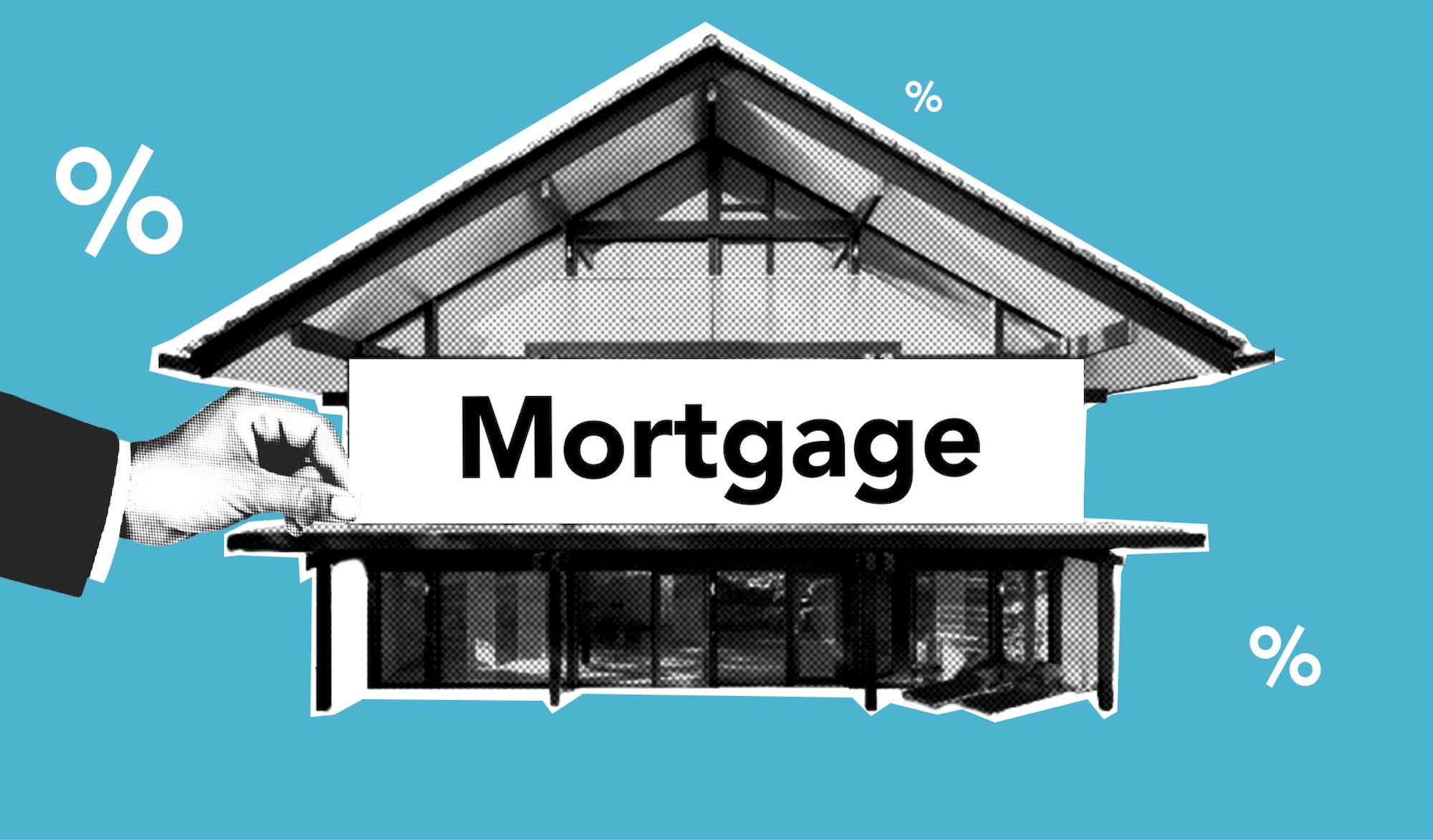The money purchase annual allowance (MPAA) is posing a hidden risk to over-55s who have accessed their pension early because of the coronavirus pandemic, Aegon has warned.
Individuals earning £30,000 per year will trigger the MPAA with monthly pension contribution rates over 13.4%. This falls to 8.0% for someone earning £50,000 per year.
The MPAA was introduced to prevent people drawing money from a pension and recycling it back into a pension scheme to claim further tax relief on these contributions. It is triggered when individuals flexibly access their defined contribution (DC) pension and limits the amount of future annual contributions to a pension from £40,000 to £4,000 if incurring a tax penalty is to be avoided.
Currently, individuals can access their private pension from the age of 55, although the normal minimum access age is increasing to 57 in 2028.
Aegon suggested the MPAA has already come under pressure with changing retirement patterns, as an increasing number of people are accessing their pension flexibly to support a gradual transition to retirement.
However, the pension expert warned that the COVID-19 crisis has brought the £4,000 contribution limit under further scrutiny. This is because over-55s facing financial difficulty during the pandemic may have dipped into their pension for short-term financial relief but will now find themselves restricted to the MPAA limit for any future pension contributions.
Aegon pensions director, Steven Cameron, said the last 18 months have seen many individuals face “difficult decisions” with the pandemic leaving a damaging toll on personal finances.
“Those over 55 who have lost their job or faced reduced wages, may have been tempted to dip into their pension to access financial support during the crisis,” Cameron said.
“Aegon’s analysis shows that even those on moderate incomes are at risk of breaching the MPAA. Someone earning £30,000 per year and paying pension contributions on their full salary will breach the limit with monthly contributions over 13.4%, and this includes any contributions from their employer. Savers, therefore, need to have their eyes wide open when accessing their pension to avoid devastating consequences on future retirement plans.
“The pandemic has highlighted the need for greater flexibility and we’re calling on the government to increase the MPAA to ensure people who have been adversely effected by the crisis are not left disadvantaged in their ability to rebuild their pension savings. Increasing the MPAA limit to at least £10,000 would go some way to help those individuals whose retirement plans have been thrown into disarray.”
Latest News
-
Consumer finance lending totals £122bn in 2025
-
Metro Bank hits record growth in corporate and commercial lending
-
Intermediary confidence softens slightly in Q4 – IMLA
-
Record flows drive Quilter’s AUMA to £141bn
-
46% of IFAs in a network generate first commission in four weeks
-
Three fifths of cash ISA holders expect to not use full allowance
Mortgage Advice Bureau and AI in the mortgage sector
Chief executive officer at Mortgage Advice Bureau, Peter Brodnicki, and founder and managing director at Heron Financial, Matt Coulson, joined content editor Dan McGrath to discuss how Mortgage Advice Bureau is using artificial intelligence to make advancements in the mortgage industry, the limitations of this technology and what 2026 will hold for the market
Perenna and the long-term fixed mortgage market

Content editor, Dan McGrath, spoke to head of product, proposition and distribution at Perenna, John Davison, to explore the long-term fixed mortgage market, the role that Perenna plays in this sector and the impact of the recent Autumn Budget
NEW BUILD IN FOCUS - NEW EPISODE OF THE MORTGAGE INSIDER PODCAST, OUT NOW

Figures from the National House-Building Council saw Q1 2025 register a 36% increase in new homes built across the UK compared with the same period last year, representing a striking development for the first-time buyer market. But with the higher cost of building, ongoing planning challenges and new and changing regulations, how sustainable is this growth? And what does it mean for brokers?
Does the North-South divide still exist in the UK housing market?

What do the most expensive parts of the country reveal about shifting demand? And why is the Manchester housing market now outperforming many southern counterparts?
In this episode of the Barclays Mortgage Insider Podcast, host Phil Spencer is joined by Lucian Cook, Head of Research at Savills, and Ross Jones, founder of Home Financial and Evolve Commercial Finance, to explore how regional trends are redefining the UK housing, mortgage and buy-to-let markets.
In this episode of the Barclays Mortgage Insider Podcast, host Phil Spencer is joined by Lucian Cook, Head of Research at Savills, and Ross Jones, founder of Home Financial and Evolve Commercial Finance, to explore how regional trends are redefining the UK housing, mortgage and buy-to-let markets.
© 2019 Perspective Publishing Privacy & Cookies









Recent Stories